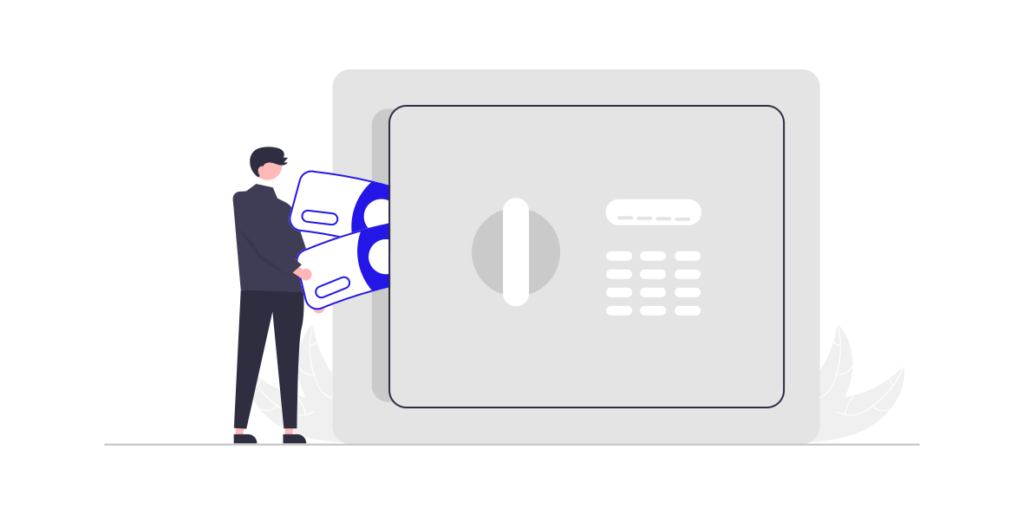Financial literacy is having an understanding of various concepts regarding money. If you are confident in your ability to understand personal saving, investment and debt, you are financially literate. These skills can be used to provide a sense of financial well-being

What Does it Mean to Be Financially Literate?
Financial literacy put simply is about being knowledgeable. It means that you understand fundamental facts about money and the routine financial practices people follow.
A person who is financially literate can also utilise their knowledge for monetary gain. For example, by investing in the stock market and following market trends to make informed decisions. Without good monetary habits you can’t be truly financially literate.
It’s important to remember that money standards and practices are constantly changing. So financial literacy involves keeping up to date with new information and altering your money habits accordingly.
Some examples of financial literacy are:
- Maintaining an emergency fund of 3-6 months’ worth of expenses.
- Making sure to invest in a retirement savings account.
- Checking your credit report regularly.
Read Now: 6 Simple Tips to Help You Save Money
Why is Financial Literacy Important?
Financial literacy is important because it gives you power and control over your finances. By learning fundamental money skills, you can transform your life and one day be financially free.
Not only can learning financial literacy affect your future, it can also have an impact on your present. By knowing your options you can avoid debts when it comes to financial decisions. For example, if you need to take out a loan, you can avoid choosing high interest rates because you simply don’t know any better.
Becoming financially literate will help you to see the consequences of any financial action you take.
Read Now: Top Nine Emerging Industries to Invest in Post-Covid
How to Become Financially Literate
Don’t let apprehension stop you from taking steps to become financially literate. Anyone can become educated when it comes to handling money. Below are a few small steps you can take to begin your journey of becoming financially literate.
- Mathematics skills
The very basics of financial literacy is having fundamental mathematics skills. You need a basic understanding of numeracy to understand money. Often, you’ll know these skills already from school but if you feel you need to brush up on your knowledge you can do so on the National Numeracy Challenge website which will help you improve your ability to work with numbers.
- Read books
There are many books that go into great detail on financial literacy and how to learn and master the skills necessary for ensuring your own financial well-being. Select the book that works for you depending on where you’re at in your financial journey.

- Take a bookkeeping course
Maintaining your personal finances means understanding how to keep track of your money. To do this you’ll need to keep accurate records over a long period of time. A great first step for learning to do this is by taking a bookkeeping course. There are a variety of suitable courses available online where you can learn the best practices for record keeping, and how to keep a detailed record to track your household spending.
- Learn how to budget
While tracking as you spend is a great practice to keep, a vital skill is the ability to budget in advance so you can maintain control of your spending. Luckily this is very easy to do and there are even budget calculators online that you can use to do all the work for you.
- Personal finance apps
Once you’ve mastered the the basic financial literacy skills above, the next step is learning to use a personal finance app. These apps are tools which help you manage your money and provide you with situation-specific financial tips.
You can visually see your spending and ensure that you keep to your set monthly budget. Once you’re comfortable with personal finance you can move on to learning more advanced financial skills.
Read Now: Quick Tips on Budgeting When Self-Employed
The Power of Financial Literacy
Ultimately, if you commit yourself to becoming financially literate you’ll gain confidence in yourself and your ability to handle money. You’ll have the knowledge you need to make informed financial decisions, to avoid debt and to only make investments with a worthwhile amount of risk.
If you’d like further help managing your finances, our team at Count can help you. Contact us here today!